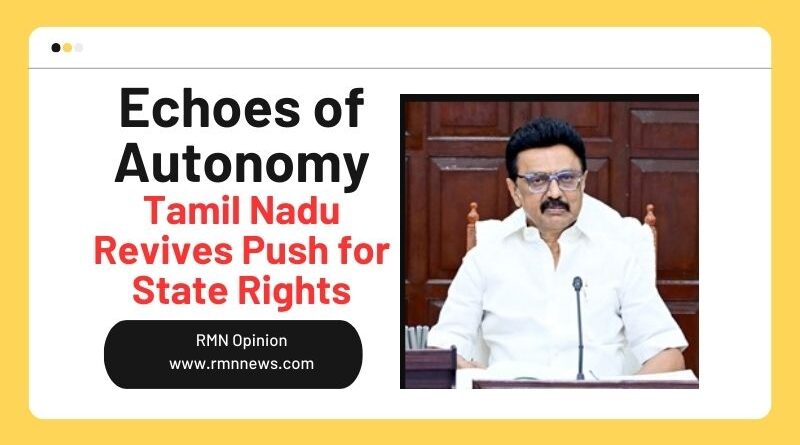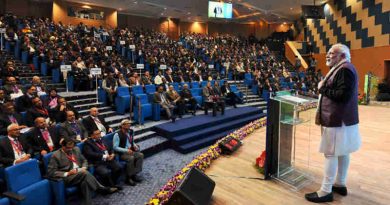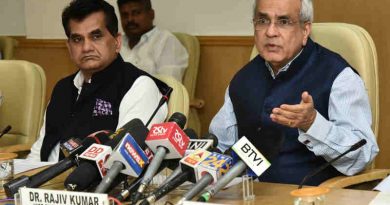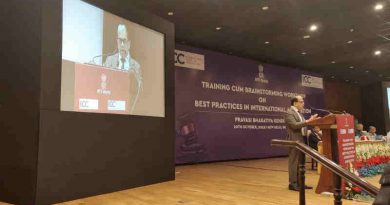Study Guide: Tamil Nadu’s Push for State Rights
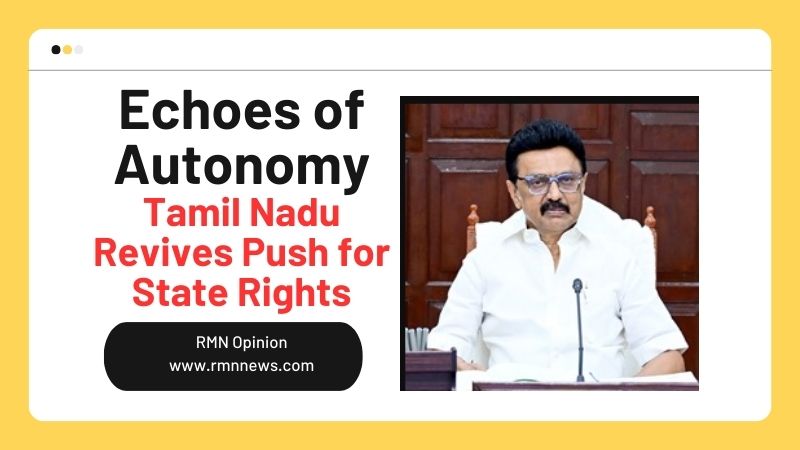
Study Guide: Tamil Nadu’s Push for State Rights
Quiz
- What is the primary objective of the high-level committee recently formed by the Tamil Nadu Chief Minister MK Stalin?
- Name one specific issue that the newly formed committee will examine as part of its mandate related to Centre-State relations.
- What was the significance of the Supreme Court ruling mentioned in the article regarding the Governor’s actions?
- The current initiative in Tamil Nadu is described as echoing a committee established in 1969. What was the name of this earlier committee and what was its main goal?
- According to the Rajamannar Committee’s report, how did the Centre’s control over states manifest itself?
- What specific constitutional article did the Rajamannar Committee recommend be completely repealed?
- What was the Rajamannar Committee’s view on the role and impact of the Planning Commission?
- What fundamental belief of the Dravidian movement is reflected in Tamil Nadu’s renewed push for state autonomy?
- Despite their comprehensive analysis, what has been the general fate of the recommendations made by the Rajamannar Committee and subsequent similar commissions?
- What analogy did C N Annadurai use to describe the ideal relationship between the Centre and the states?
Answer Key
- The primary objective of the high-level committee is to examine state autonomy amidst concerns about the Union government encroaching on state powers and to study the relationship between the Centre and the states.
- One specific issue the committee will examine is the possibility of transferring subjects from the Concurrent List back to the State List, or the contentious issue of NEET.
- The Supreme Court ruled that the Governor’s withholding of assent to state bills was “illegal and erroneous”, clarifying that the Governor must act on the advice of the state legislature for reconsidered bills.
- The earlier committee was the Rajamannar Committee, established in 1969. Its main goal was to study the Indian Constitution and recommend steps to ensure greater autonomy for the state in its executive, legislative, and judicial branches.
- The Rajamannar Committee reported that states were increasingly under central command, becoming practically administrative units of the Centre due to constitutional provisions granting the Centre sweeping powers.
- The Rajamannar Committee recommended the complete repeal of Article 356, which deals with President’s Rule in states.
- The Rajamannar Committee criticised the Planning Commission for giving the Centre undue influence through discretionary grants, thereby diminishing the relevance of the Finance Commission and making states dependent on central aid.
- The renewed push for state autonomy reflects the Dravidian movement’s foundational belief in state empowerment and an “ideological realignment” towards this principle.
- Despite their detailed recommendations, the findings of the Rajamannar Committee and subsequent commissions like the Sarkaria and Punchhi Commissions have largely been ignored and not acted upon by the central government.
- C N Annadurai described the ideal relationship between the Centre and the states as a “fraternal and beneficial nexus” built on mutual goodwill and understanding.
Essay Format Questions
- Analyse the historical context leading to both the Rajamannar Committee of 1969 and the current high-level committee formed by MK Stalin. What are the key similarities and differences in the circumstances and stated goals of these initiatives?
- Evaluate the arguments presented in the article regarding the erosion of state autonomy in India. To what extent do you find these concerns valid, and what specific examples or constitutional provisions are cited to support this perspective?
- Discuss the potential implications of the Tamil Nadu government’s renewed push for state rights on the broader landscape of Centre-State relations in India. What are the possible challenges and opportunities that may arise from this initiative?
- Critically examine the recommendations of the Rajamannar Committee, particularly its views on Article 356 and the Planning Commission. How relevant are these criticisms in the contemporary political and economic context of India?
- Explore the concept of federalism as presented in the article. What vision of Centre-State relations does the Tamil Nadu government seem to be advocating for, and how does this align with different interpretations of federalism in India?
Glossary of Key Terms
- State Autonomy: The idea that individual states within a federal system should have a significant degree of self-governance and control over their own affairs, free from excessive central interference.
- Centre-State Relations: The complex and evolving relationship between the central (Union) government and the governments of the individual states within a federal country like India, concerning the distribution of powers, responsibilities, and resources.
- Concurrent List: One of the three lists in the Seventh Schedule of the Indian Constitution that specifies the subjects on which both the Parliament of India and the state legislatures can make laws.
- State List: One of the three lists in the Seventh Schedule of the Indian Constitution that enumerates the subjects on which only the state legislatures have the power to make laws.
- Rajamannar Committee (1969): A committee established by the Tamil Nadu government under Chief Minister C N Annadurai to examine Centre-State relations and recommend measures for greater state autonomy.
- Article 356 (President’s Rule): A provision in the Indian Constitution that allows the President of India to suspend a state government and impose direct rule of the Centre in a state if there is a failure of the constitutional machinery.
- Planning Commission (of India, now replaced by NITI Aayog): An institution established by the Government of India to formulate Five-Year Plans for the country’s economic and social development; criticized for allegedly centralizing power through discretionary fund allocation.
- NEET (National Eligibility cum Entrance Test): A national-level entrance examination in India for students who wish to study undergraduate and postgraduate medical courses. Its implementation has been opposed by some states, including Tamil Nadu, who argue it encroaches upon their educational autonomy.
- Governor’s Assent to Bills: The constitutional requirement for a bill passed by a state legislature to receive the Governor’s approval before it can become law.
- Dravidian Movement: A socio-political movement prominent in Tamil Nadu that historically advocated for the rights and self-determination of Dravidian people and promoted Tamil language and culture; a key aspect of its ideology has been the demand for greater state autonomy.


